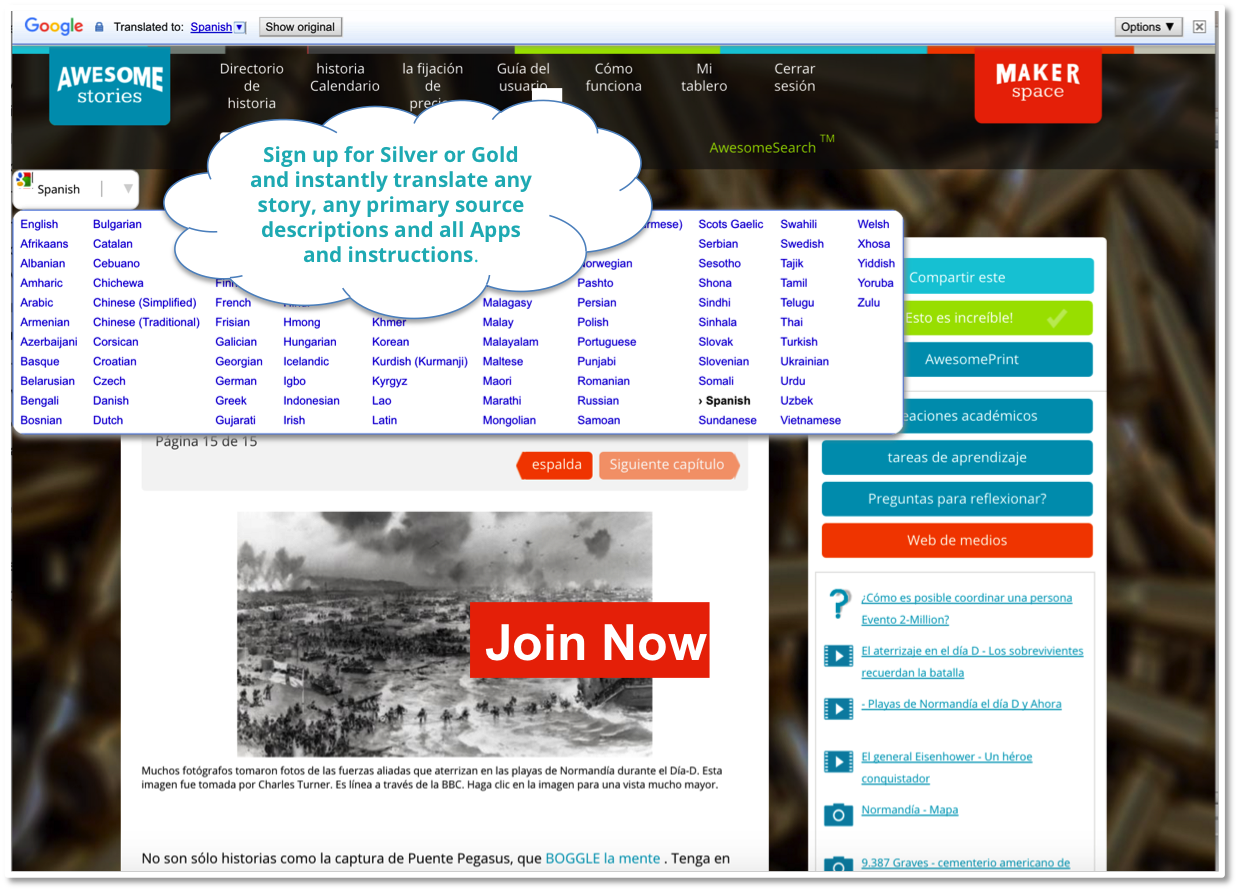After the Tsar abdicated in March of 1917, Russians set up local soviets (governing councils). People were reading, and a new way of life was taking hold amongst the sailors on the island of Kronstadt. Socialism was on the rise in Russia.
With their newfound sense of freedom, soldiers in Petrograd took to the streets. They did not want to return to the front, even though the country’s provisional government still supported the war against Germany. Turning to the sailors at Kronstadt for support, the Petrograd soldiers planned to stand their ground.
Then ... a train from Switzerland made its way to Russia. Aboard that train was a Marxist revolutionary who had changed his name to Vladimir Lenin. He was a man said to be “as stubbornly wrong as he was brilliantly right.” His slogan (and that of his Bolshevik party) was “peace, bread and land.” He opposed the Great War.
Lenin would soon change the focus of the Russian Revolution. He would have support from soldiers in Petrograd who did not want to go to the front. He would have support from the Kronstadt sailors who aimed to overthrow the provisional government. Those sailors needed a leader - and they turned to Lenin who spoke the rhetoric they wanted to hear.
The Russian Revolution was about to enter a new phase.
Media Credits
From Russian Revolution: Freedom and Hope, a BBC documentary. Copyright, BBC, all rights reserved. Clip provided here as fair use for educational purposes and to acquaint new viewers with the program.



